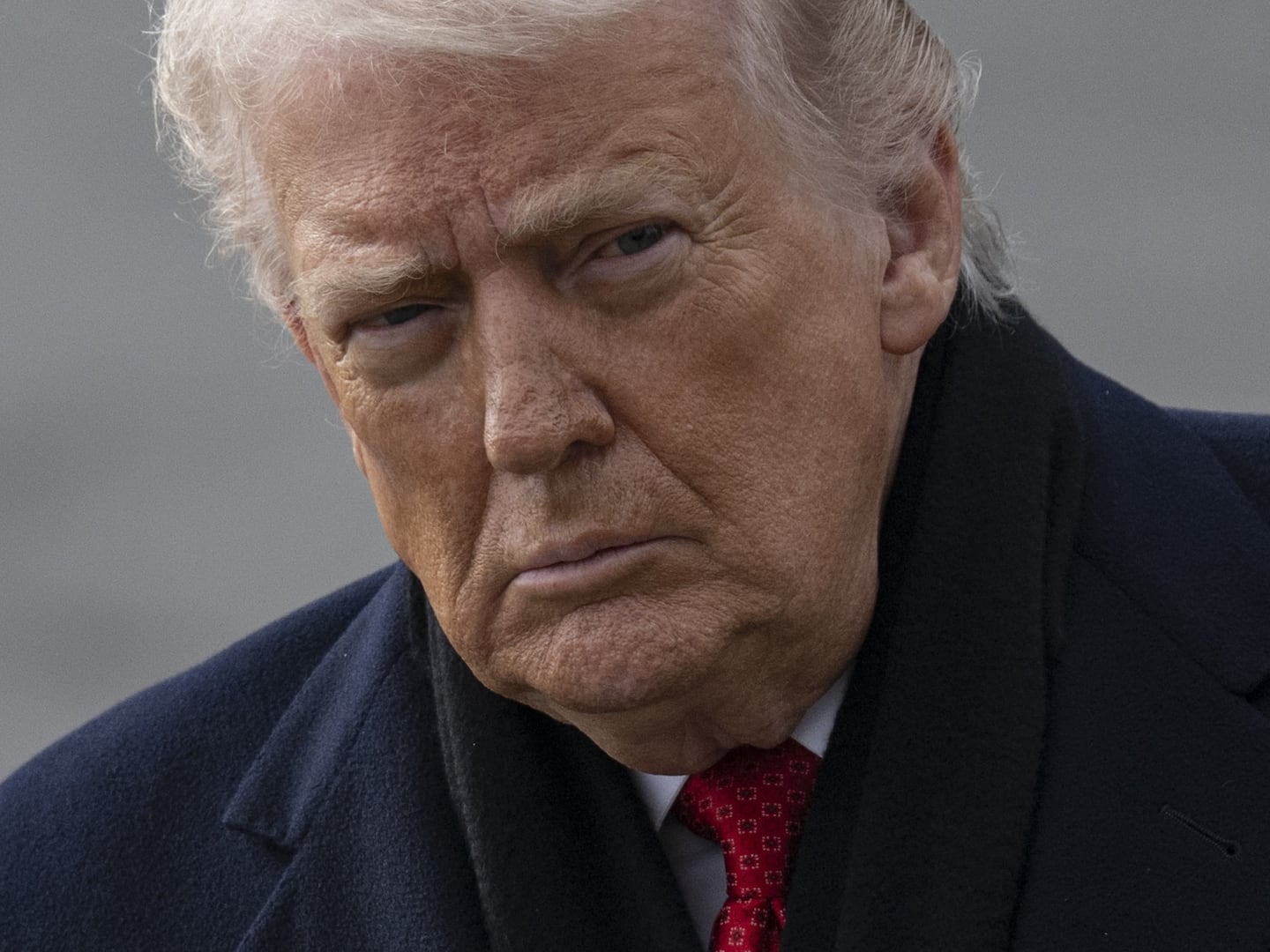Cliff Curtis's zombie nightmares have already begun.
The 47-year-old New Zealander watched in terror the other night as his cousin and best friend both morphed into undead monsters and tried to devour him. This is why he avoids watching “genre stuff” like The Walking Dead, he says. “It’s no fun for me.” There’s no avoiding his current co-workers though, who are also prone to eating live flesh.
“They’re terrifying!” Curtis half-screams over the phone. “Do you know how real they make those things? They make them look real!”
Curtis stars in AMC’s new Walking Dead spinoff series, Fear the Walking Dead, many details of which were revealed during The Daily Beast’s kickoff event at this year’s SXSW back in March. But he isn’t one of the tens of millions who tune in for the weekly decapitations, impalements and bloodbaths of the original series—hence the newbie survivor’s horror in his voice. In that respect, he’s not unlike his character, Travis Manawa, a father and high school English teacher who, like everyone else in his world, has never heard the word “zombie.”
Created by Dave Erickson and The Walking Dead executive producer Robert Kirkman, Fear the Walking Dead picks up five to six weeks before Rick Grimes woke up in an Atlanta hospital and found the world overrun by walkers. Unlike in post-apocalyptic Atlanta, the Los Angeles of Fear still has cable TV and cell phone service. The government is still in charge, school is still in session, and hospitals are still safe havens, not police-run hotbeds of slavery and abuse.
(And somewhere, far away in a suburb of Atlanta, Sheriff Rick Grimes is still patrolling his town with his best friend Shane, Carol Peletier is still a meek housewife trapped in a miserable marriage, and Glenn Rhee still delivers pizzas for a living!)
But first-world luxuries only seem to distract Travis and his dysfunctional family—girlfriend Madison Clark (Kim Dickens), her kids Nick (Frank Dillane) and Alicia (Alycia Debnam-Carey), and his son Chris (Lorenzo James Henrie)—from glaring signs of impending doom. A teenager anxious over a rapidly spreading “flu” is told he’s spending too much time on the Internet. A mysterious, fatal incident on the freeway becomes just another traffic jam to the lines of impatient motorists anxious to get home.
And, in one unnervingly familiar scene, a group of camera phone-wielding protesters shout accusations of brutality at policemen who shoot multiple rounds into an unarmed, homeless suspect—who somehow lurches back up and shuffles toward them again.
Though the scene immediately calls to mind recent events in Los Angeles—a real homeless man, Brandon Glenn, was shot to death by LAPD officers just this past May—Fear doesn’t go so far as to choose sides in the allegory; it’s content simply to jolt viewers by mirroring modern times.
“I think the purpose of the show is not to make social commentary,” Curtis says. “I don’t think it’s a political show at all. But I think it’s clever in the way it takes art reflecting life … It’s scary and visceral. It’s human violence, which is really striking in this moment. I’m not concerned about some infected people, I’m worried about what the police are doing and what the rioters are doing and where my son is, in the midst of all that. That feels very real. And that makes for good drama.”
Curtis, who has worked with Martin Scorscese (Bringing Out the Dead), Michael Mann (The Insider), and David O. Russell (Three Kings) over the course of his 20-plus year-long career, was the first actor announced as part of the Fear the Walking Dead cast. He’s loquacious and likable, even over the phone from his home in the “quiet little town” of Rotorua, New Zealand. (“Roto,” the Māori actor explains unprompted, means “lake” and “rua” means “two.”)
Like Travis, who is first seen in the pilot tinkering with a broken sink, Curtis says he is a “fixer”—a trait he picked up after leaving school at 14 and working with his dad as a tradesman for the rest of his teens. “I did concrete, roofing—manual labor, as it were,” he says. “I built garages and did people’s driveways. I fixed windows and window screens.” All skills he says still come in handy, even in the midst of a global meltdown.
“If you can’t deal with the bigger issues in life, like a zombie apocalypse, fix the plumbing!” Curtis enthuses. “It’s a very masculine way of coping with life and I love it. It’s a very positive trait in my mind.”
On screen, Curtis has made a career out of Hollywood’s appetite for ethnically ambiguous (and yes, masculine) actors, playing characters ranging from Pablo Escobar in Blow to a Sheikh in The Insider to a cartoon-inspired Fire Lord in M. Night Shyamalan’s The Last Airbender.
But until now, Curtis has felt largely shut out from lead roles. He credits television’s current movement toward cast diversity to the massive success of shows like the black-led Empire. But, like so many other actors of color, he’s more than familiar with the disappointment of coming within arm’s reach of a major gig—then abruptly seeing the part go to another (usually whiter) actor.
“I’ve had opportunities arise then evaporate in front of me over the years when I’ve been put forward as the lead on certain shows,” Curtis says. “And I don’t really know why. Sometimes I wonder what part of the decision was based on my color, ‘cause [casting directors] will constantly assure me it’s got nothing to do with my craft and the ability to do my job well.”
“As an actor, you don’t [know] what they’re using as a measuring stick, so you do wonder whether color comes into it,” he says.

The experience of being cast in Fear the Walking Dead could not have gone more differently. “I never felt questioned about whether I could do the role or whether I was right for the leading man,” Curtis says. “And I really appreciated that. It was very respectful. There was a lot of generosity in the way that I was treated, which is not always the case in this game.”
Not only was he cast before any of the show’s other actors, Fear producers did Curtis one better: they made his character Māori, giving Travis the last name “Manawa,” a Māori word for “heart.”
“I was like, ‘Pardon?’” Curtis laughs, recalling the moment producers told him the news. “We don’t make a big deal of it, it’s not a story in the show. But what an interesting choice for them all to agree on [the name]…I was very pleased. It obviously does show a movement in Hollywood and entertainment toward accepting people of color in America as simply being American.”
To bring more diverse voices to the entertainment industry, Curtis is working not only in front of the camera, but behind it as well. He co-founded production company Whenua Films in 2004 with the aim of bringing more indigenous stories to the big screen. The latest Whenua-produced film, The Dark Horse by Kiwi director James Napier Robertson, tells the real-life story of Genesis Potini, a Māori speed chess savant who suffered from severe bipolar disorder.
“It was a battle that couldn’t be won as an actor alone,” Curtis says. “I had to get behind the scenes and actually produce and bring talent through that could tell our own stories our own way, rather than waiting to get jobs so we could be cast in the background, supporting other people’s stories.”
“The more people of color we get behind he scenes writing and producing and directing—not being exclusive or anything like that, but just building strength around identity and…being confident that we can just be who we are, that’ll be interesting to people who are different from us,” he adds.
As for the zombie apocalypse, Curtis knows how that game works too. He understands that at any second during production, he could get that dreaded call from showrunner Erickson telling him Travis will meet his end in an upcoming episode. “I hope I go nobly and majestically and on my merry way, but you just don’t know. I could just be a blip!” Curtis says. “That keeps your work fresh. You don’t take anything for granted.”






